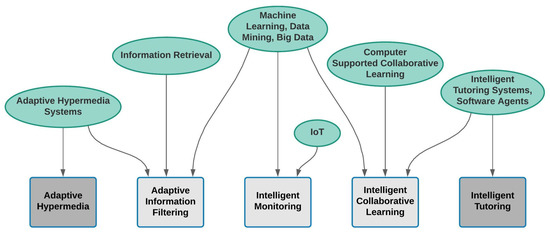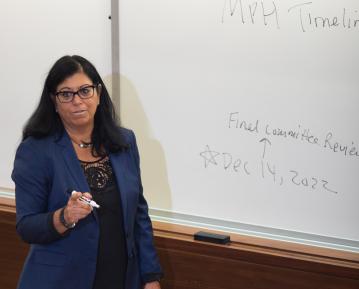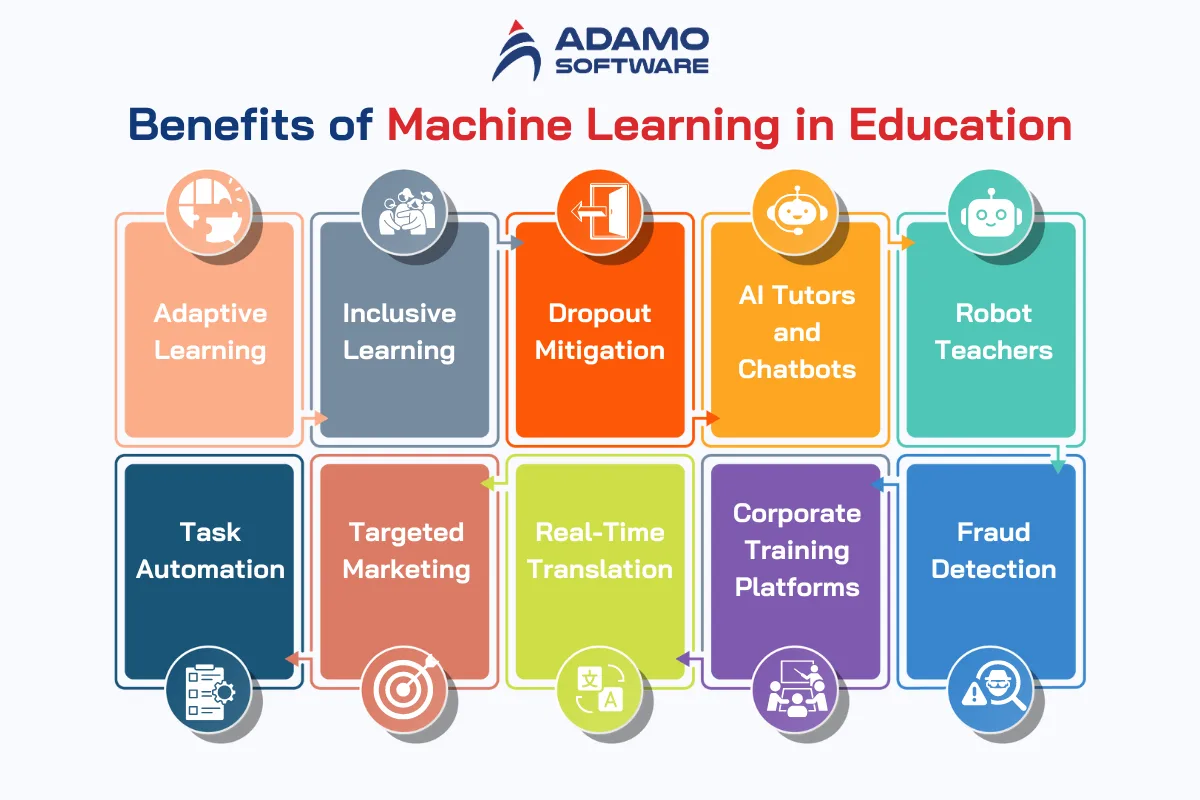Facts About Bioinformatics Tutor Revealed
Facts About Bioinformatics Tutor Revealed
Blog Article
An Unbiased View of Bioinformatics Tutor
Table of ContentsSee This Report about Bioinformatics TutorThe 10-Second Trick For Bioinformatics TutorThe Ultimate Guide To Bioinformatics TutorAll about Bioinformatics TutorSome Known Questions About Bioinformatics Tutor.
Of the overall participants associated with the training, 80% were students from public college establishments, while the staying 20% originated from personal establishments. To get approved for a certification of involvement, students were needed to attend at the very least 90% of the total training hours. As an outcome of this demand, an excellent 95% of the individuals effectively obtained their certifications, having not only fulfilled the minimum attendance criteria however additionally finished all designated activities throughout the training.
During the elevation of the COVID-19 pandemic, particularly in between June and August 2020, the project group was tasked with arranging specialized training in bioinformatics. This training was particularly targeted at students from the research study team Nucleus for Study in Applied Computing at the Federal College of Pará (UFRA) The adaptation to remote discovering platforms as a result of the pandemic created a chance to explore brand-new teaching methods and electronic tools that improved both reach and effectiveness.
This program was developed to provide an accessible yet thorough introduction of Artificial Intelligence techniques, specifically as applied in bioinformatics (Bioinformatics Tutor). This virtual layout allowed participation from pupils throughout Brazil, many of whom could not have had the chance to attend in-person sessions.
What Does Bioinformatics Tutor Do?
A notable function of this program was its focus on hands-on learning. Roughly 50% of the overall training hours were dedicated to practical tasks where students constructed smart versions and applications in a series of scientific domain names, including genetics, molecular biology, and environmental information evaluation. Extensively utilized devices and structures such as Spyder, Google Colab, Jupyter Notebooks, and Orange were incorporated into the coursework. These systems enabled students to participate in real-time information control, design training, and algorithm testing.
The course drew in 80 participants in total amount. Sixty of them were affiliated with numerous greater education and learning organizations in the state of Pará, while the remaining twenty came from institutions located in five various other Brazilian states. This wide geographical representation highlighted the national rate of interest in bioinformatics and the growing need for specialized abilities in this location. By presenting Expert system in a pertinent and practical context, the initiative offered to bridge the gap in between theory and real-world application, giving trainees with a strong structure for future study or work in the field.
The training effort formed component of a wider academic outreach effort called the Bioinformatics when traveling project. This job has, throughout the years, presented dozens of trainees to the globe of bioinformatics and computational biology. The occasions held under this umbrella campaign have actually happened across numerous regions and years, as summed up in Table 1 (Checklist of events, locations, years, and overall numbers of trainees and trainers)
Several of these groups, initially brought with each other by their engagement in training continue reading this occasions, have given that gone on to create independent clinical research in collaboration with neighborhood scholastic institutions. The training not only promoted clinical thinking within the context of bioinformatics but likewise triggered collaborative connections that expanded past the training environment.
Some Of Bioinformatics Tutor
The exact same team, leaving out IH and RR, additionally acted as tutors for the functional training modules. Funding for the task was supplied through the give 88887.200562/ 2018-00 from CAPES.
The Federal College of Pará's Office of Research (PROPESP/UFPA) additionally supplied financial assistance, especially for the manufacturing of the last manuscript. The writers declare no industrial or financial conflicts of passion that might have influenced the study. All viewpoints and interpretations revealed in this article are exclusively those of the authors and do not always mirror those of their particular establishments, the publisher, editors, or customers involved in the magazine procedure.

Bioinformatics Tutor Fundamentals Explained
From a pedagogical point of view, the training strategy utilized in the training was deliberately interactive. Classes were conducted in a way that encouraged pupil participation and conversation, going beyond rote memorization to check out exactly how ideas are established, used in day-to-day life, and tested in scholastic setups. The training viewpoint concentrated on nurturing both solid and struggling pupils, providing individualized support, and structure self-confidence with continual mentorship and patience.

Each team, including around 36 participants, was supported by three mentors-- the majority of whom were postdoctoral scientists with customized competence. These advisors not just assisted develop the team tasks but likewise facilitated their execution, making sure that each study question was both properly difficult and relevant. The objective was to give a naturally realistic context that individuals can check out via open-ended i was reading this goals and accessibility to curated datasets.
For added understandings right into the method and results of this project-based knowing strategy, readers are guided to S1 Text, which includes comprehensive summaries of the pedagogical framework, assessment approaches, and job themes made use of in the training sessions.
Not known Details About Bioinformatics Tutor
Of the total amount individuals entailed in the training, 80% were students from public higher education establishments, while the remaining 20% came from personal establishments. To qualify for a certificate of engagement, trainees were called for to participate in at least 90% of the complete training hours. Notably, past the pupils who signed up in the look here training sessions, 7 skilled trainers participated in supplying the programs, while 3 committed research teachers collaborated the overall training process. Approximately 50% of the total training hours were devoted to functional activities where trainees constructed smart designs and applications in a range of clinical domains, including genetics, molecular biology, and ecological data evaluation. The training not only cultivated scientific reasoning within the context of bioinformatics however additionally triggered collaborative relationships that extended past the training setting.
Report this page